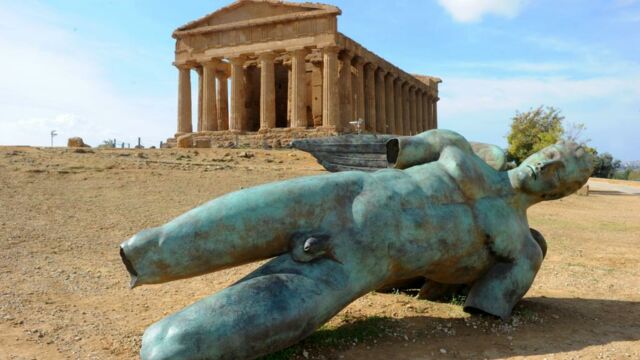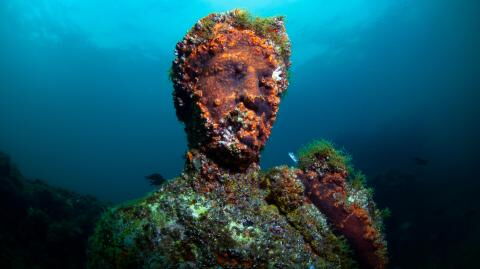Excavations take place every day and each time archaeologists find a part of our history that once used to be a part of the ancient world. From hidden tombs to prehistoric artefacts, each finding helps us uncover and clarify the parts of our history that are yet to be properly unveiled. One such discovery was recently made in Greece.
Discover our latest podcast
Hercules, the Roman god
If you’ve ever read Roman or even Greek mythology, then you might already be well aware of the impactful role of Hercules. Born out of a scandalous relationship between the mighty god Zeus and Alcmene, the demigod saw his fair share of hardships in his life, many of them caused by Zeus’s wife, goddess Hera.
New discovery: A statue of Hercules was unearthed at Philippi in Greece by the Aristotle University of Thessaloniki.
— Arys🏺🪶 (@ArysPan) September 21, 2022
The statue is from the 2nd c. CE and it decorated a structure from the 8th-9th c CE (most likely a public fountain). #Archaeologypic.twitter.com/oKMO1zzK1s
A 2000-year-old statue of Hercules was discovered by archaeologists in the ancient city of Philippi, located in the North of Greece, as per Artnet. A team was led by Natalia Poulou along with 28 students from the Aristotle University of Thessaloniki, assistant professor Anastasios Tantsis, and professor emeritus Aristotle Menzo.
An important find
The city of Philippi is a hub for archaeological finds and this statue was located in a town square. The excavators were exploring along a street when they stumbled upon ruins that they suspect are a fountain. As the archaeologists investigated, they uncovered that the statue dates back to 2 A.D. and was a part of the structure that was diagnosed from 7 to 8 A.D.
A nearly 2000 year old statue of Hercules has been discovered in the site of the ancient city of Philippi! Researchers believe the artifact may have adorned an ancient Byzantine era building and is dated to the 2nd century. #Hercules#Philippi#GreekGodhttps://t.co/V4RsRPoT4jpic.twitter.com/qDSo2RbCgw
— Gladly News (@GladlyNews) September 30, 2022
It was found in several pieces, however, it shows Hercules ‘carrying a club and holding a lion pelt with a wreath of vine leaves’ with a victorious posture. During the times of Greek and Roman mythology, it was customary to adorn Byzantine-period buildings with statues like this one.
Sources used:
Artnet: Archaeologists Digging in an Ancient Greek City Uncovered a Monumental 2,000-Year-Old Statue of Hercules
Far Out magazine: Ruins of 2,000-year-old Hercules statue excavated in Greece
Read more:
⋙ Archaeologist uncover never-seen-before head of ancient Greek god in a shipwreck
⋙ Long lost ruins and 'hunger stones' being discovered due to drought
⋙ Ruins of a mysterious 3400-year-old empire discovered (PHOTOS)















